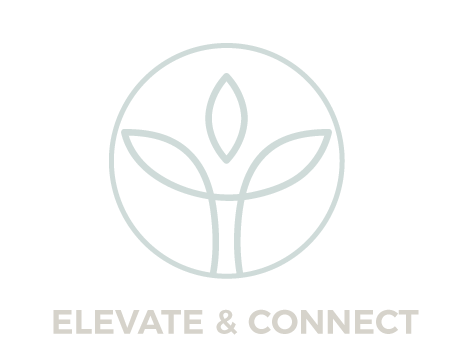12 Tips for a Successful Television Interview
By Wendy Allen-Belleville
Congratulations! You’ve finally snagged that sought-after on-camera interview. It’s a big win for your organization... but are you camera ready? The old saying, “All publicity is good publicity” isn’t true. If you’re not prepared, your interview could end up doing you more harm than good.
Check out these 12“DO and DON’T” tips for a successful media interview you need to know:
DO
Do be yourself
Feel free to be enthusiastic, motivated and passionate about what you’re talking about and be friendly. If you appear to be enjoying yourself, the audience will enjoy watching you.Do practice
Practice makes perfect. Look into a mirror and recite your talking points, out loud. Ask yourself additional questions you think the reporter may ask you. Practice this until you feel comfortable giving the answers.Do stay on message
Give concise, to-the-point answers. Prepare talking points in advance and go into the interview with two or three of the topics you want to address.Do keep up appearances
Be mindful of your body language. Don’t play with your jewelry or fidget. Dress appropriately for the occasion and avoid patterns in your clothing.Do provide background information
Reporters like to have solid information, so they can go back and fill in the blanks. If your company has talking points, send those to the reporter in advance or bring them with you.Do listen to the questions asked
Ask a reporter to clarify what he/she means if you don’t understand a question. Be sure you’re answering the question that is asked.
DON’T
Don’t EVER go off the record
Even if you personally know the reporter, never go off the record. Even if you’re on a break from the interview, you’re never off the record.Don’t be defensive
If you become defensive, often times, the reporter will get a sense that he/she is hitting a nerve and may become adversarial. Remain calm and answer the questions asked, whenever possible.Don’t use acronyms
Unless you’re addressing a targeted business audience that is already familiar with a particular acronym, you will lose your audience. Assume that most people listing to your interview will not have prior knowledge of the subject matter.Don’t let inaccurate statements go unchallenged
If a reporter has misrepresented a statement, calmly clarify it.Don’t feel pressured to fill an awkward silence
Some reporters will try to do a “gotcha!” and pause. They know that when people try to fill the silence, they often are tripped up and may give an unplanned statement. Avoid these pitfalls.Don’t be afraid to say, “Let Me Get Back to You”
If you truly don’t know an answer to a question, it’s better to say, “Let me get some additional information and get back to you.” This is better than dismissing the question altogether and it shows that you are willing to work with them.
